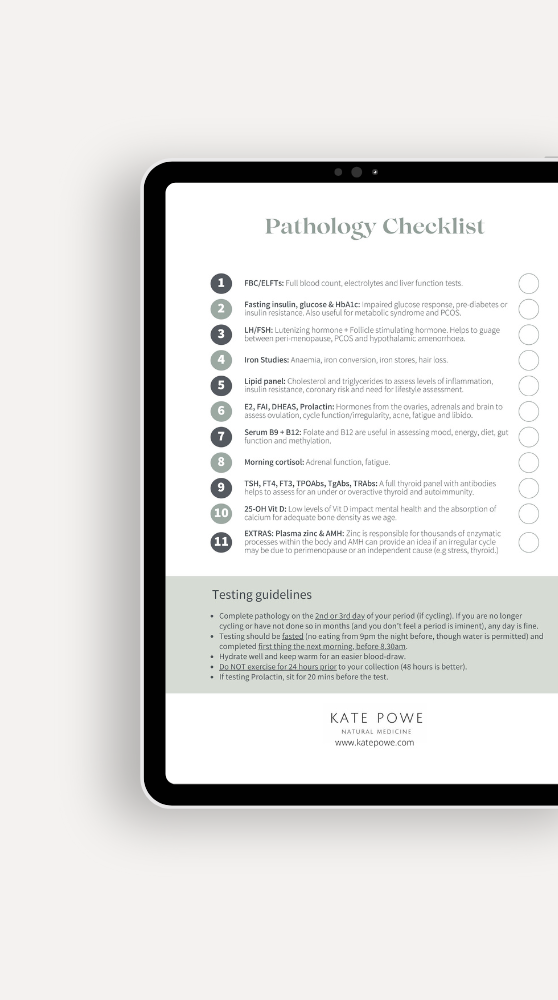What is Leaky Gut?
The gut’s lining is naturally permeable to allow for the constantly regulated exchange of water, minerals and nutrients and to protect the gut from damage via harmful substances.
Intestinal Permeability (the correct term for the more colloquial ‘Leaky Gut’), is a measure of the barrier function of the gut and how tightly regulated the gap-junctions are between the cells that let molecules in and out.
These tight cellular junctions open and close all the time in response to a variety of stimuli. These include dietary state (e.g. gluten), immune or neuronal signals, inflammatory signals, mast cell activity and microbial and viral pathogens. When the gap junctions between the regulatory cells become lax, larger molecules such as proteins can escape setting up a cascade of inflammatory processes within the body.
What Can Cause Leaky Gut?
- Stress
- Infection
- Inflammation of the Gut
- Gluten
Did You Know?
- The human gut contains enough bacteria, pathogens and inflammatory mediators to kill the host (that’s us) many times over?
- Chronic failure of the gut mucosal barrier has been identified as a major cause in multiple organ failure?
- Leaky Gut Syndrome is linked as a causative factor in many conditions, including: chronic fatigue syndrome (CFS), ulcerative colitis (UC), Crohn’s disease (CD), ankylosing spondylitis, food allergy, eczema, asthma, dermatitis, chronic heart failure, Type 1 diabetes, rheumatoid arthritis (RA), multiple sclerosis (MS) and psychological conditions such as depression
What Can Help Leaky Gut?
- Glutamine:
- Helps repair and create new intestinal cells
- Respiratory fuel for the cells of the small intestine and colon
- May help epithelial cells resist injury and repopulate
- Glutathione:
- Antioxidant for mitochondrial cells (the energy production centre of the cell)
- Promotes gut-barrier protection
- Prevents destruction of the intestinal barrier
- Quercetin:
- Helps tighten gap-junctions
- Prevents glutathione depletion
- Antioxidant
- Anti-inflammatory
- Stabilises mast cells, reducing histamine influx
- Licorice:
- Antioxidant
- Anti-inflammatory
- Protects the gut’s mucosal lining
- Cinnamon:
- Anti-inflammatory
- Balances the immune system
- Blood sugar regulator
Reference: BioCeuticals Clinical Insights September 2015
Kate is a qualified naturopath who is passionate about helping women heal from hormonal havoc and inspiring women to know their own power, worth and wisdom.
Kate offers one-on-one Skype consults for irregular cycles, PMS and period pain, endometriosis, PCOS, peri-menopause, mood swings, fatigue and mental and emotional stress.
Simply drop me an email to see how I can help you!






